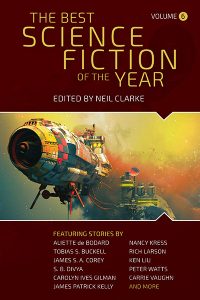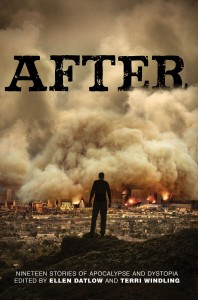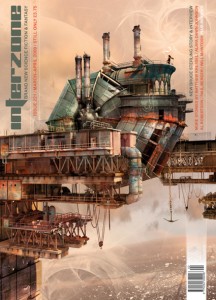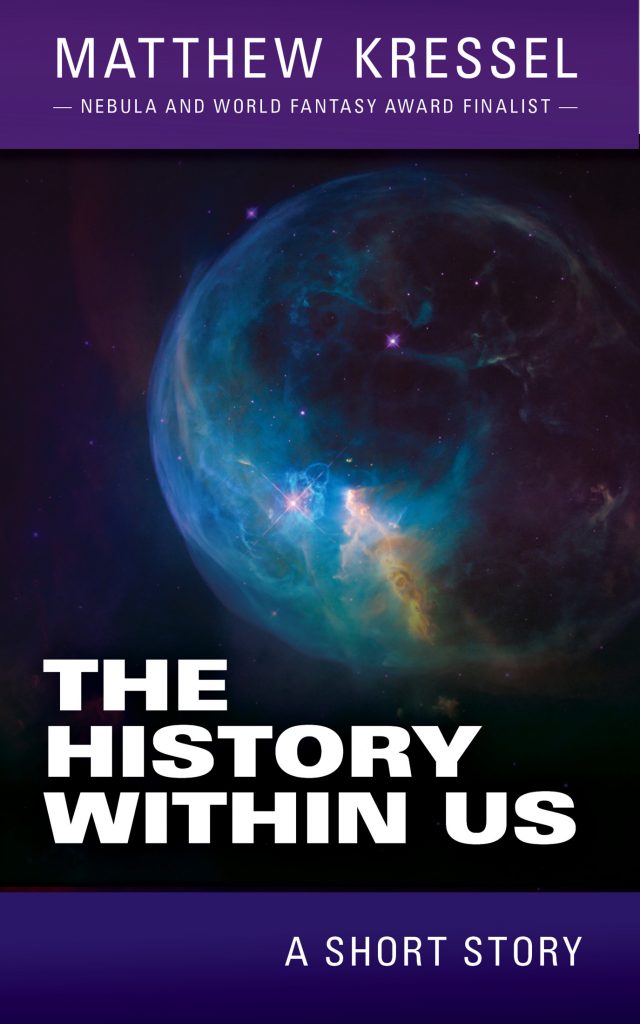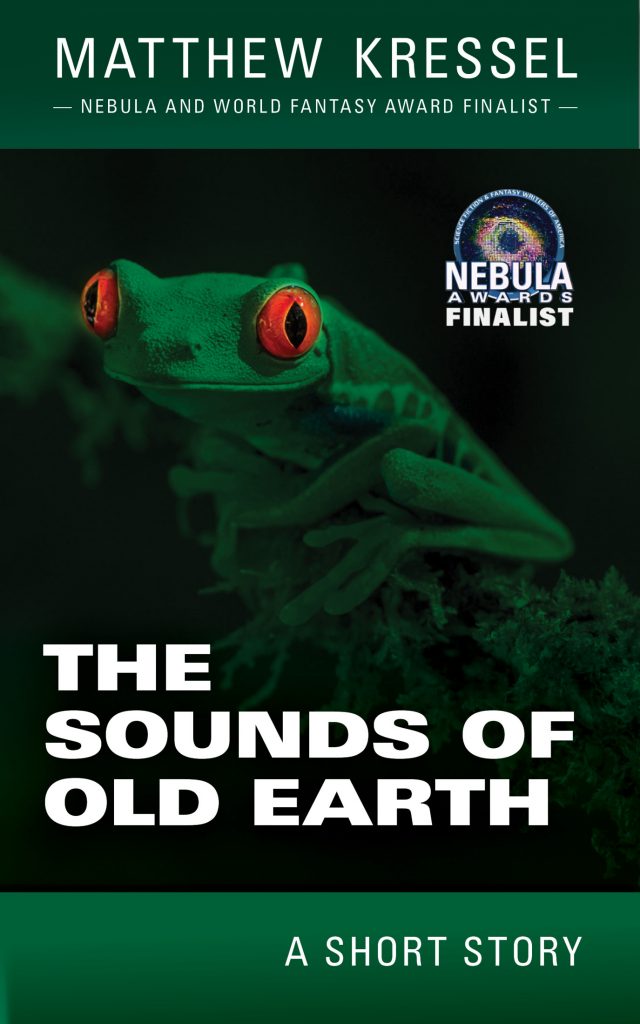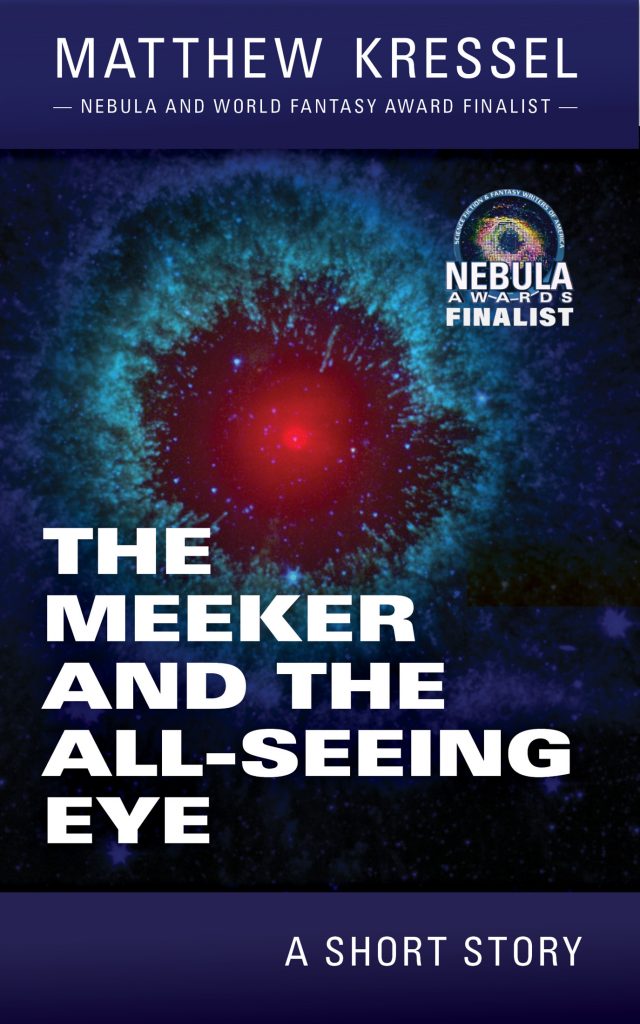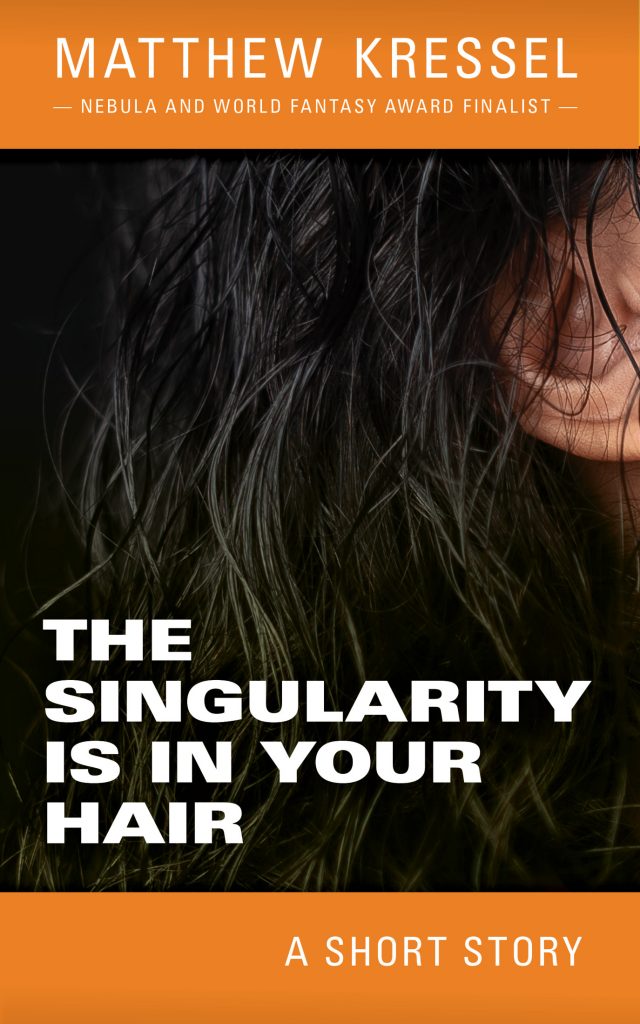A friend of mine posted on social media recently about the fact that if we don’t curb our CO2 emissions, the world in 2100 will be an ugly place to live. He quoted a CNN article which said:
If we surpass that mark, it has been estimated by scientists that life on our planet will change as we know it. Rising seas, mass extinctions, super droughts, increased wildfires, intense hurricanes, decreased crops and fresh water and the melting of the Arctic are expected.
The impact on human health would be profound. Rising temperatures and shifts in weather would lead to reduced air quality, food and water contamination, more infections carried by mosquitoes and ticks and stress on mental health, according to a recent report from the Medical Society Consortium on Climate and Health.
In response to this post, a commenter said: “This drives home the point that it’s about saving ourselves not the planet.”
I responded, “Well, that’s a profoundly lovely message to leave to the next generation.”
Look, optimism is hard. It’s much easier to be a cynic, because that means you bear no responsibility. “Hey, there’s nothing I can do, so why not have fun while I’m here? YOLO, and all that.” It’s much, much harder to say, “There are a lot of huge problems affecting the world now. A lot of them seem intractable. But unless we do something, nothing will change. Maybe I can’t change everything. But maybe I can do one small thing. It may amount to nothing. It might not make a difference. But it also just might. And if ten, a hundred, a thousand people do something small, then that’s not such a small thing anymore.”
Cynicism is lazy. It’s the moral equivalent of not taking out the garbage, letting the dishes fester in the sink. Optimism is work. It means we have to be vigilant of not just our thoughts, but our deeds. It means we have to use our minds to dream up new ways of doing things that might be better and be open to trying those things, even if they fail.
So here’s some advice. Don’t be a cynic. It’s ugly, like a pile of overflowing garbage in the trash can and festering dishes in the sink. Just because problems are hard shouldn’t mean we don’t do anything to address them.




